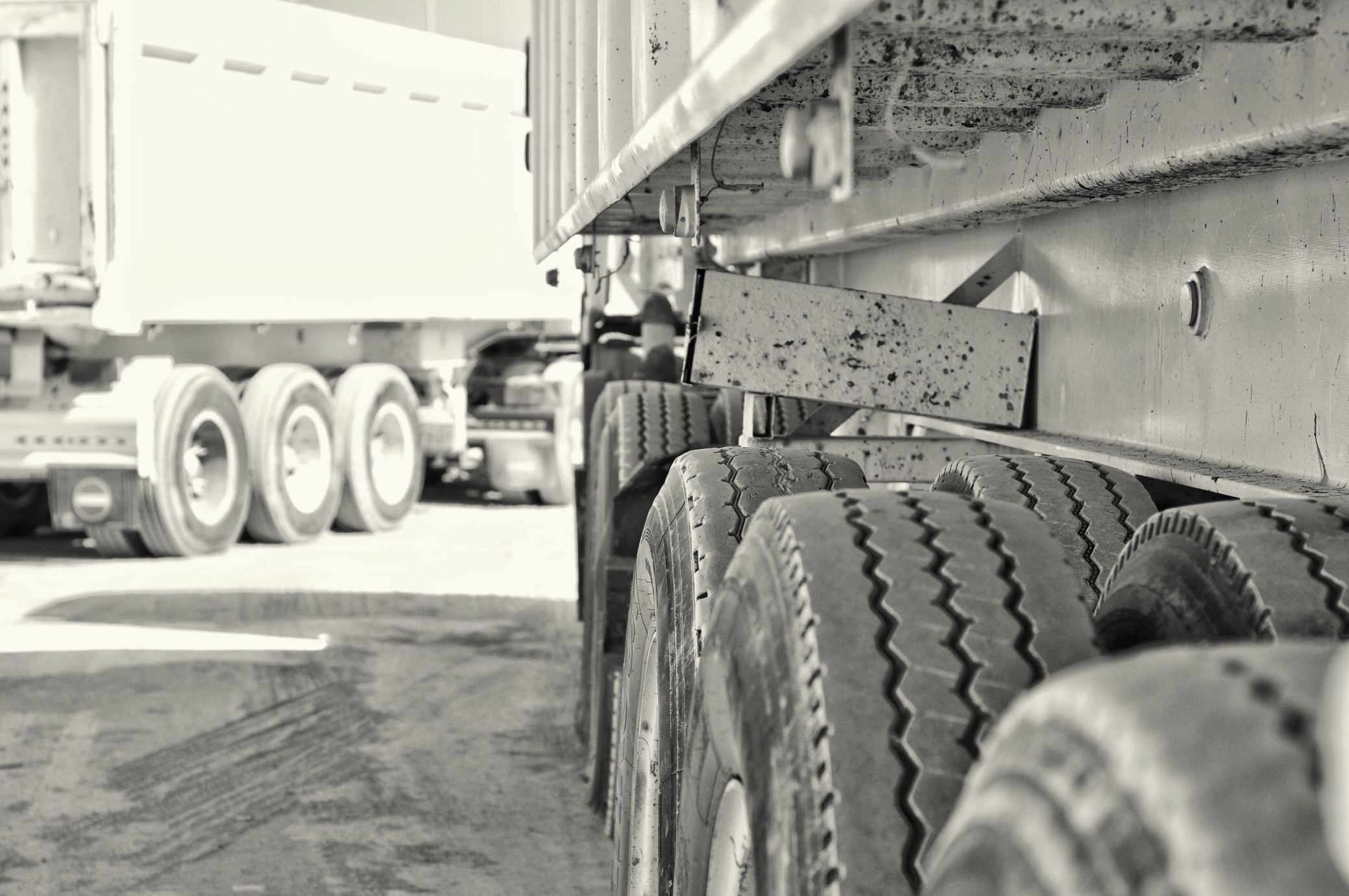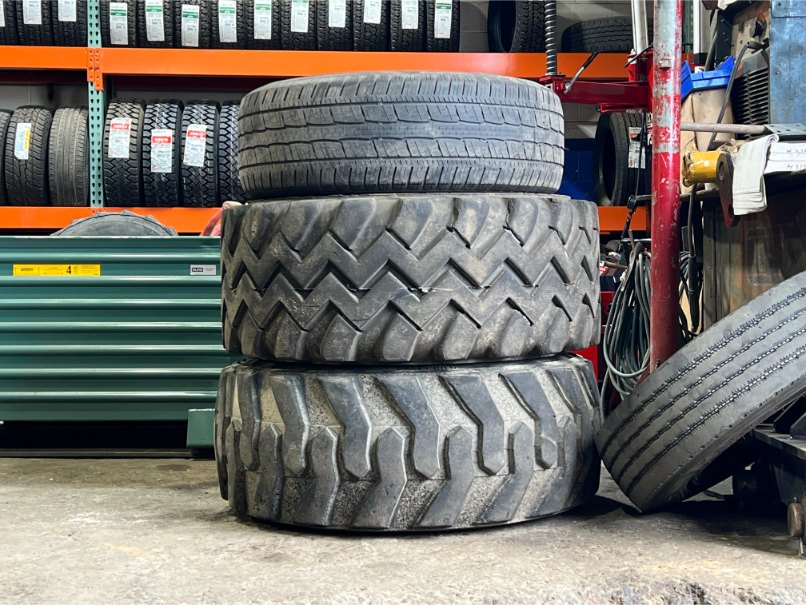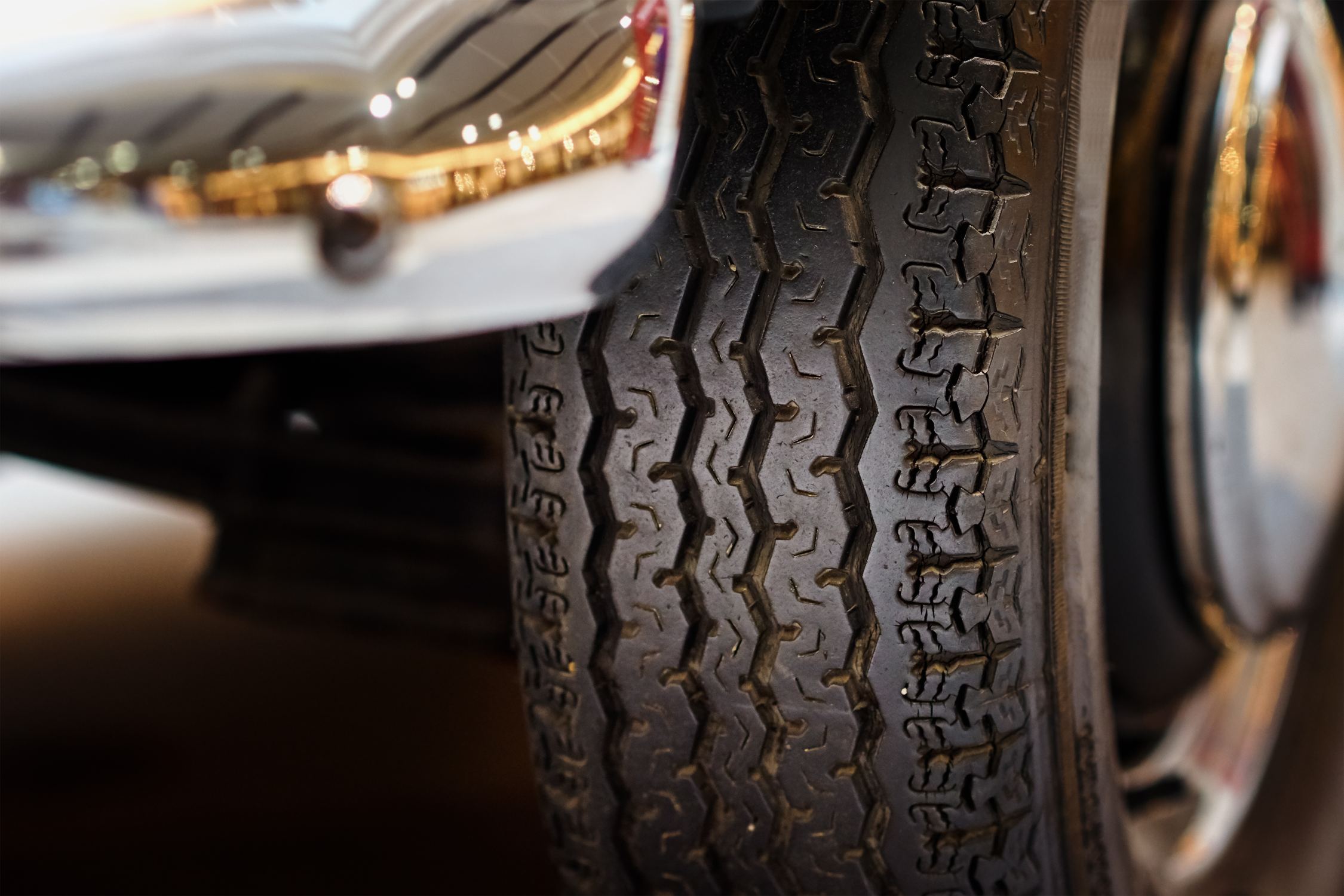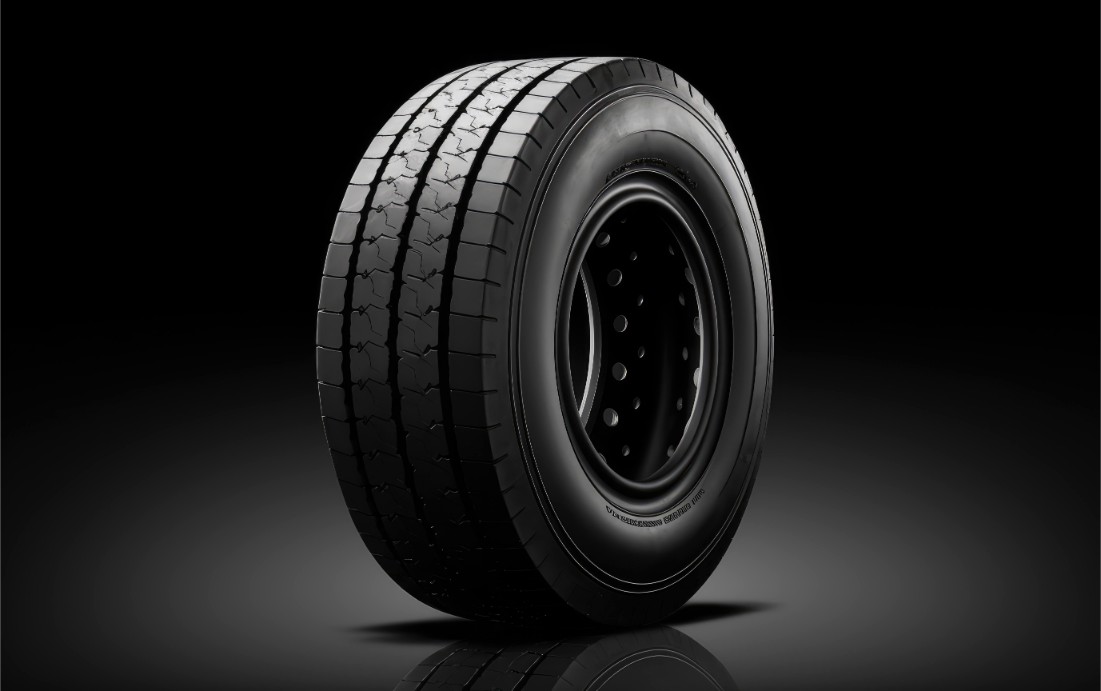
Now that the economy is so much more about sustainability, industries are being held responsible for the entire lifecycle of their products. For manufacturers of Heavy Commercial Vehicle (HCV) tyres, this responsibility is particularly important. These big, hard tyres are crucial to logistics and transport, yet at the end of their life, they become a huge environmental problem. That’s where Extended Producer Responsibility (EPR) credits step in—equipping tyre manufacturers to take the lead on circularity and actively making a cleaner future.
What is EPR and Why Should It Matter?
Extended Producer Responsibility (EPR) is a policy strategy under which producers are made to take the financial and/or physical responsibility for the treatment or disposal of post-consumer products. For tyre manufacturers and importers, this involves taking responsibility for ensuring that the tyres they distribute are collected, recycled, or disposed of in an environmentally sound manner at the end of their lifespan.
India’s Ministry of Environment, Forest and Climate Change (MoEFCC) has established EPR as mandatory for tyre manufacturers under the Hazardous and Other Wastes (Management and Transboundary Movement) Rules, 2016. Compliance with the regulations is not a choice anymore—it’s necessary for maintaining operations and brand reputation.
The Role of EPR Credits in Tyre Recycling
EPR credits are electronic certificates that confirm the amount of waste a producer has been able to recycle or dispose of in an environmentally friendly way through approved recyclers. The credits may be:
Accrued by collecting and recycling end-of-life tyres (ELTs)
Traded or bought from approved recyclers in order to achieve annual EPR targets
Through the purchase or creation of EPR credits, HCV tyre manufacturers ensure compliance with government standards for recycling. But EPR is not merely ensuring compliance with laws—it’s about creating a sustainable business model.
How EPR Credits Benefit HCV Tyre Producers
Regulatory Compliance with Ease
EPR credits ease the process of establishing regulatory compliance. The recycling does not have to be done by the producers themselves—instead, they can partner with approved recyclers such as Tyregrip to efficiently and transparently deal with it.
Sustainability as a Competitive Advantage
As ESG objectives become more prominent, those companies that prove themselves to be environmentally responsible win the confidence of investors as well as customers. EPR involvement enables tyre manufacturers to openly commit to worldwide sustainability targets.
Cost Optimization
Through collaborations with proven EPR platforms like EPRxchange, manufacturers have access to an open market of aggregators and recyclers, enabling improved pricing and secure documentation—mitigating operational costs of in-house waste management.
Enhancing the Circular Economy
With recycling and reuse support, tyre manufacturers close raw material loops. Recycled rubber, steel, and textiles can flow back into the value chain, lessening virgin material dependency and reducing carbon emissions by half.
The Road Ahead: Digital Solutions for EPR Management
Digital platforms such as EPRxchange, in partnership with green tyre solutions such as Tyregrip, provide smooth digital solutions for EPR credit management. These are some of the digital tools that they provide:
Verified recycler networks
Real-time credit tracking
Regulatory document management
Expert support for compliance reporting
The digital solution provides transparency, accountability, and traceability, and hence, it provides peace of mind to producers so that they can concentrate on innovation and quality in their core business activities.
Partnering for Progress
At Tyregrip, we recognize that tyre manufacturers are under greater pressure than ever to decouple environmental footprint from operational efficiency. That’s why we offer complete support for fulfilling EPR credits—linking manufacturers with authorized recyclers, handling paperwork, and facilitating on-time compliance.
We’re not only a facilitator; we’re your green business partner on the road towards environmentally responsible manufacturing.
Final Thoughts
As regulations become increasingly stringent and consumer consciousness keeps on increasing, the role of EPR credits within the tyre sector will only continue to evolve. To HCV tyre manufacturers, adopting EPR is not merely about compliance—it’s about shaping the transition towards a cleaner, greener mobility environment.
Don’t wait until tomorrow. Drive responsibility today.
Contact us:
92570 30252








